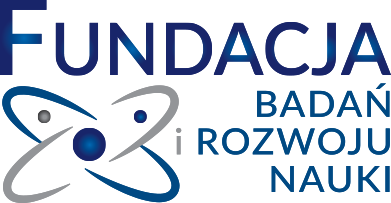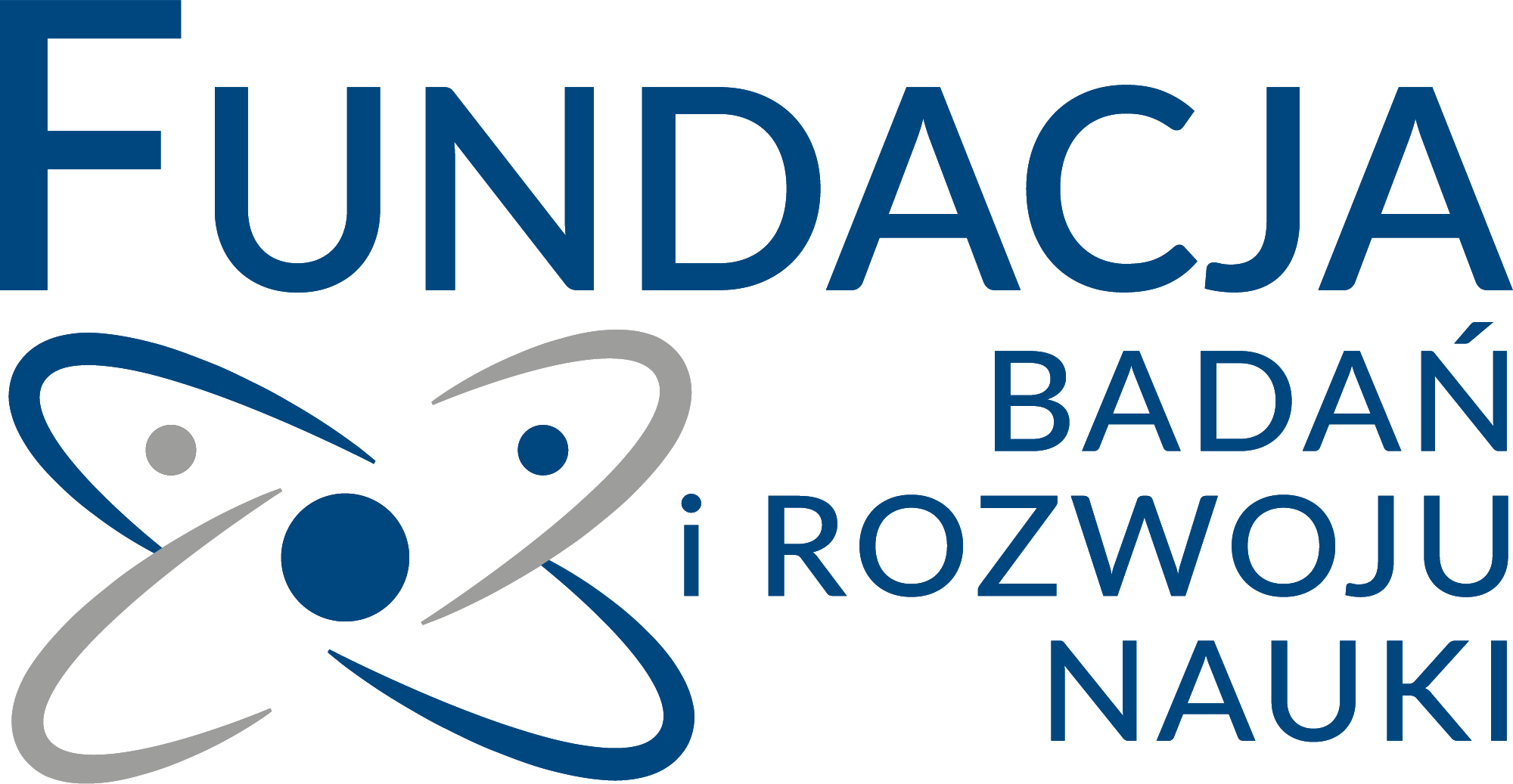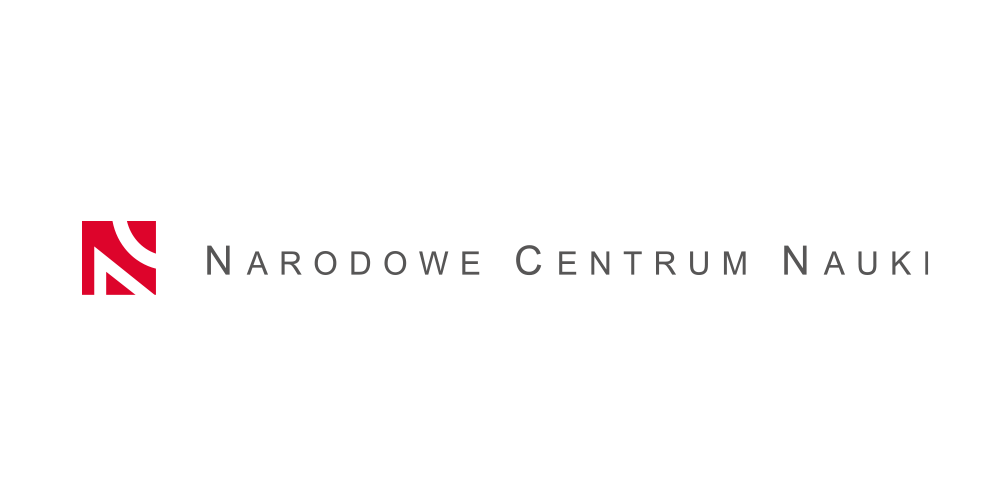ARTIFICIAL PANCREATIC ISLETS: MICROFLUIDICS-ASSISSTED REAGGREGATION OF ENDOCRINE CELLS INSIDE HYDROGEL MICROCAPSULES
Project coordinator from Foundation’s side
Michał Wszoła MD, PhD
WHAT ARE PANCREATIC ISLETS?
Pancreatic islets are micro-organs comprising of strictly specified cells. There are two main types of cells that can be distinguished: alpha cells – responsible for production of glucagon and beta cells accountable for production of insulin and regulation of sugar level in blood. Inability of human body to produce insulin leads to development of diabetes.
AIM OF THE PROJECT:
Key aim of the research project is to create artificial pancreatic islets with the use of microflows technology, thus significantly increasing effectiveness of diabetes (mainly type I) treatment.
Suggested action strategy is based on micro-encapsulation technology and repeated aggregation of dissociated cells of pancreas, mainly α and β cells, into functional model of pancreatic islet.
ASSUMPTIONS OF THE PROJECT INCLUDE:
- use of microflows technology to close living cells in hydro-gel microcapsules obtaining the so called “micro-jellies”,
- breeding of created artificial islets in physiological conditions.
- monitoring lifespan and functionality of cells with special attention paid to secretion of insulin,
- optimizing operational parameters of the process of production and physiochemical features of hydro-gel material in order to prolong lifespan and increase functionality of cells undergoing encapsulation.
In the proposed project, most recent achievements of droplet microflows will be used, including controlled self-organization of hydro-gel fibers into balls and clusters. Main feature of the hydro-gel produced by us will be the possibility to aggregate alpha and beta cells and at the same time recovery of extracellular matrix structure thus ensuring proper environment for production of pancreatic islets. ECM constituting the basis of our gel, is a mixture of structural and functional proteins, glycoproteins and proteoglycans, reconstructing the native structure of pancreas tissue. ECM ingredients influence cells adhesion, their migration, proliferations, apoptosis process as well as their lifespan and differentiation. Additionally, ECM is a source of many growth factors. As a result, we expect that ECM will have a profound influence on biological effectiveness of produced artificial pancreatic islets.
Moreover, in the framework of the project, we will research influence of co-encapsulation of other cells such as endothelial cells and fibroblasts.
SUMMARY:
Preparation of technology based on repeated aggregation of cells into artificial islets with optimal features that shall in a significant way improve effectiveness of type I diabetes treatment.




